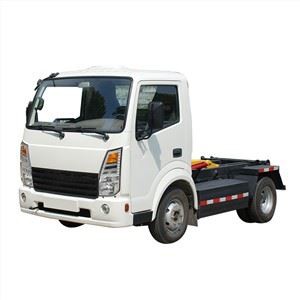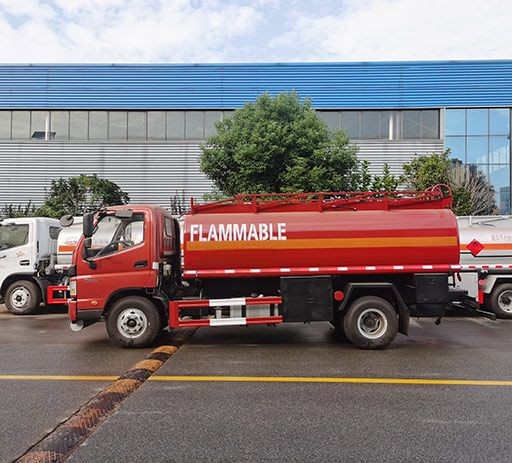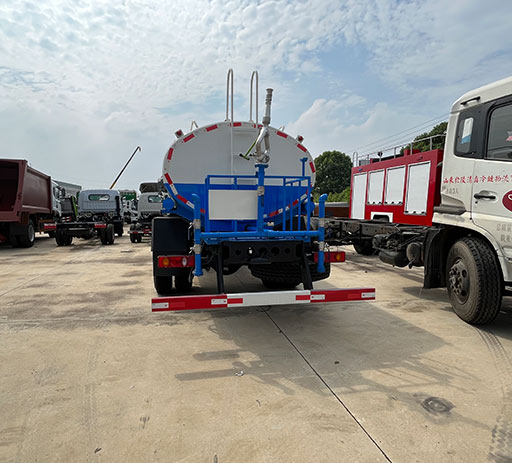Understanding Class C RVs: A Comprehensive Guide
Introduction
Class C RVs are a popular choice for many travelers due to their versatility, ease of use, and family-friendly design. These vehicles blend the comforts of home with the freedom of the open road, making them an ideal option for road trips, camping, and long-term travel. In this article, we will explore everything you need to know about Class C RVs, from their features and benefits to advice on purchasing and maintaining them. Whether you are a seasoned RVer or a first-time buyer, this guide will provide valuable insights and practical tips.
What is a Class C RV?
A Class C RV is a type of motorhome that is distinguished by its van-like chassis and a distinctive over-cab sleeping area. They typically range from 20 to 33 feet in length and are built on a truck or van chassis, which makes them easy to drive and maneuver compared to larger Class A motorhomes. Class C RVs are designed for comfort and convenience, providing various amenities that cater to families and groups of travelers.
Features of Class C RVs
- Over-Cab Sleeping Area: This unique feature allows for additional sleeping space, typically accommodating two people.
- Multiple Floor Plans: Class C RVs come in various layouts, which can include separate living, dining, and sleeping areas.
- Full Kitchen: Most models include a kitchen with appliances like a refrigerator, stove, and microwave.
- Bathroom Facilities: A Class C RV generally has a full bathroom with a shower, toilet, and sink.
- Exterior Storage: They usually offer ample storage compartments for camping gear and luggage.
Benefits of Choosing a Class C RV
The benefits of owning a Class C RV are numerous. Here are some of the key advantages:
Space for Families
Class C RVs are designed with families in mind, offering enough space for parents and children, along with pets and gear, to travel comfortably. Many models include bunk beds, convertible dinettes, and expandable slide-outs that enhance living space.
Easy to Drive
Compared to larger motorhome varieties, Class C RVs are easier to handle and park. Their size allows for better agility, making them ideal for both urban and rural settings.

Affordability
Class C RVs can be more budget-friendly than Class A motorhomes, both in terms of upfront costs and maintenance. They also offer better fuel efficiency, which can save you money during long trips.
Cost Comparison
| Type of RV | Average Cost | Fuel Economy (mpg) |
|---|---|---|
| Class A | $150,000 – $500,000+ | 6-10 |
| Class B | $70,000 – $150,000 | 17-22 |
| Class C | $50,000 – $120,000 | 10-15 |
Choosing the Right Class C RV
The process of selecting the right Class C RV involves several considerations, from your budget to your travel needs. Here are the primary factors to keep in mind:
Determine Your Budget
Establish a budget before shopping for an RV. Consider both the vehicle’s purchase price and the ongoing expenses like insurance, fuel, maintenance, and campground fees. Determine whether you want a new or used model, as this will significantly impact your budget.
Consider Your Travel Needs
Think about how you plan to use your RV. If you plan to take lengthy trips with the family, prioritize features like sleeping capacity and storage. If you want something compact for weekend getaways, a smaller model may be adequate.
Research Floor Plans
Explore different floor plans and layouts to find one that suits your lifestyle. Some Class C RVs have U-shaped dinettes, while others might have expandable slide-outs, so choose what will make your family most comfortable during travel.
Popular Class C RV Models
Several Class C RV models stand out in the market for their design, functionality, and customer satisfaction. Here are a few of the most popular:
Winnebago View
The Winnebago View offers exceptional fuel economy, excellent maneuverability, and a sleek design. It can comfortably accommodate a family and is packed with features.
Thor Motor Coach Four Winds
This model features multiple floor plans perfect for larger families. It has a spacious interior and plenty of storage, in addition to modern amenities.

Forest River Sunseeker
The Forest River Sunseeker provides excellent value, with numerous standard features and options, making it family-friendly and suitable for various travel needs.
Preparation and Maintenance for Class C RVs
Owning a Class C RV requires regular maintenance to ensure safety and longevity. Here are some practical maintenance tips:
Regular Inspections
Perform routine checks on your RV’s engine, tires, brakes, and fluids. Ensuring everything operates efficiently can prevent costly repairs later.
Cleaning and Care
Keep the exterior and interior clean, regularly washing to remove dirt and grime. Don’t forget to clean the RV’s roof, as debris can lead to leaks.
Winterizing Your RV
If you plan not to use your RV during the winter, be sure to winterize it properly to protect plumbing and appliances from freezing damage.
Traveling with a Class C RV
Traveling in an RV presents unique challenges and opportunities. Here are some tips to make your journeys enjoyable and stress-free:
Plan Your Route Wisely
When traveling with a Class C RV, plan your route carefully to avoid roads with low bridges and tight turns that may be difficult for larger vehicles.
Reserve Campsites Ahead of Time
During peak travel seasons, campgrounds can fill up quickly. Always call ahead to reserve spaces, especially in popular destinations.
Understand RV Etiquette
Be aware of campgrounds’ rules and regulations. Practice good neighbor etiquette, such as keeping noise levels down and maintaining cleanliness in shared spaces.
Frequently Asked Questions (FAQ)
What is the average lifespan of a Class C RV?
With proper care and maintenance, a Class C RV can last from 10 to 20 years. Regular upkeep is essential to maximize its lifespan.
Can I drive a Class C RV with a regular driver’s license?
Yes, in most cases, you can drive a Class C RV with a standard driver’s license. However, it’s always wise to check local laws regarding RV licensing requirements.
Are Class C RVs suitable for full-time living?
Yes, many families and individuals live full-time in Class C RVs. They offer functional living spaces, but it’s important to choose a model with enough storage and amenities for daily life.

How much can I expect to spend on fuel for a Class C RV?
Fuel costs can vary significantly based on the RV model’s fuel efficiency and travel distance. On average, budget for $200-$400 per week, depending on your travel style and distance.
What are the best practices for RV maintenance?
Best practices include regular inspections, timely oil changes, maintaining tire pressure, and keeping the RV clean inside and out. Don’t neglect the roof and plumbing systems.
Do Class C RVs come with warranty options?
Yes, most new Class C RVs come with manufacturer warranties covering several different components. Be sure to review the warranty details before purchasing.
